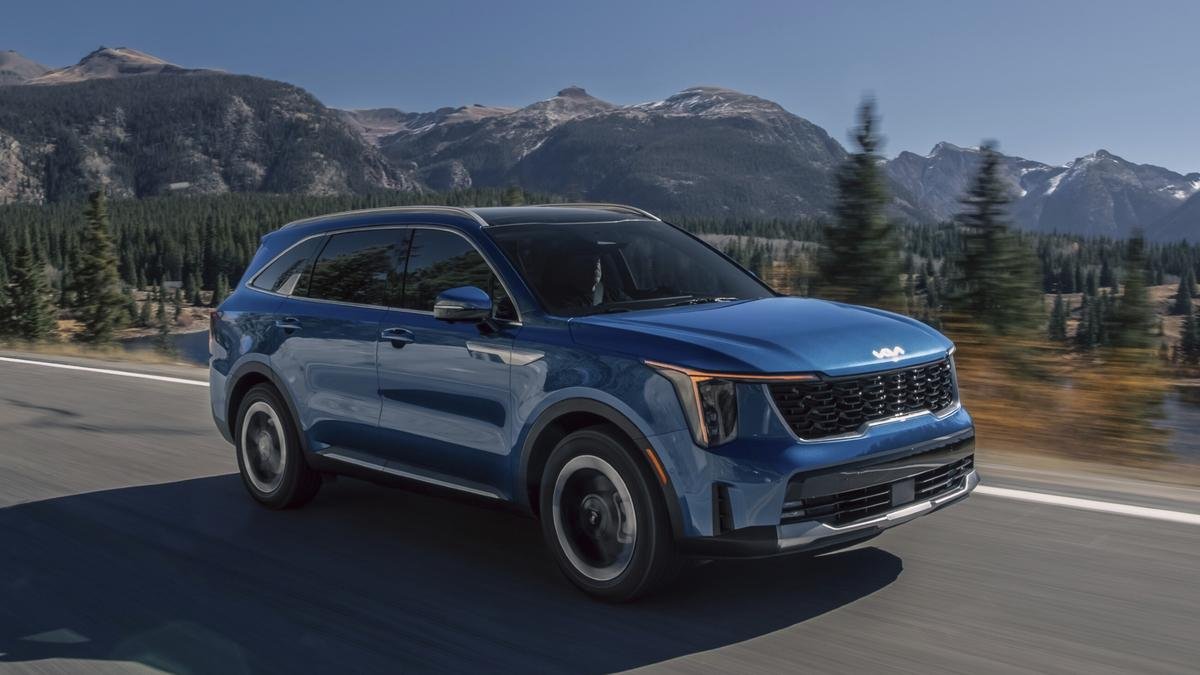
By promoting petrol-based hybrid vehicles, policymakers risk using hybrids as a fake proxy for EV. While hybrids may be slightly more fuel-efficient than other petrol cars, they still run on petrol, still emit harmful NOx and PM2.5, and still contribute to the very pollution crisis the country is trying to solve.(for representational purposes only)
Every winter, Delhi’s skies turn into a toxic haze, reminding us of the urgent need to break free from the grip of fossil fuels. Use of these fuels for transport is one of the major pollutants. These fuels also power our electricity and industries; the GHG emissions from all these is causing global warming and slowly but surely destroying life on earth. The erratic rainfalls is just a sign. The science is clear: to save our cities and our planet, we must end our reliance on fossil fuels as soon as possible.
Fortunately, the technology for transition is ready. Electricity generated from solar and wind are now cheaper than that from fossil fuels. Electric vehicles (EVs) for two-wheelers, three-wheelers, and cars are rapidly maturing. The price gap with petrol vehicles is narrowing, and EVs offer a direct route to slashing pollution, while getting rid of fossil fuel. They are not just a vision for tomorrow—they are a present-day solution for cleaner air and a healthier future.
Yet, at this pivotal moment, the Delhi government is considering a policy that threatens to undermine this progress. By promoting petrol-based hybrid vehicles, policymakers risk using hybrids as a fake proxy for EV. While hybrids may be slightly more fuel-efficient than other petrol cars, they still run on petrol, still emit harmful NOx and PM2.5, and still contribute to the very pollution crisis we are trying to solve. Granting them concessions and incentives is a dangerous sleight of hand—one that confuses consumers and slows the adoption of genuine electric vehicles.
The Government of India deserves praise for its clear policy to promote electric vehicles, which has already spurred rapid growth in the EV sector. However, by allowing hybrids as a fake proxy for EV, and offering them subsidies, we risk reversing this momentum. This is not just a policy misstep—it is a step backward in India’s march toward its net-zero emission targets.
India’s commitment to net-zero emissions is bold and necessary. Achieving this goal requires us to reject false-measures and embrace true electrification. We must not be misled by hybrids and equate them to EVs. The path forward is clear: rapid, unwavering support for genuine electric vehicles.
The time for ambiguity is over. We must reject policies that prolong our dependence on fossil fuels and instead focus on accelerating the adoption of real electric vehicles. For the sake of our children, our cities, and our planet, let us accelerate our efforts to move fully to renewable electricity and fully to electric vehicles.
(The writer is Institute Professor, IIT Madras and Chairman, ITEL)
Published – July 29, 2025 04:56 pm IST
